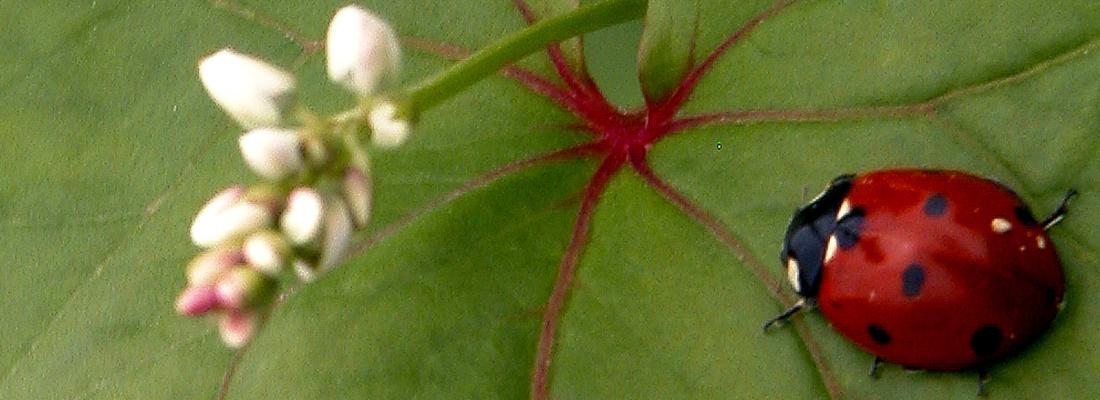Biodiversity Reading time 3 min
Insect decline: immediate action is needed
Published on 05 February 2021

This article reminds us that Insects are true ecosystem engineers. “All [their] services have a considerable monetary value, amounting to hundreds of billions of euros per year”. At the same time, certain species can also cause serious damage to crops or carry diseases infecting humans and animals which can make us indifferent to their disappearance. The decline of insect populations has been confirmed in many recent studies, which the article cites. The authors draw attention however to the fact that it is difficult to quantify the decline on a global scale due to lack of standardized methods and regular monitoring.
First causes of decline: massive use of insecticides and the destruction of habitats
Concerning the causes, they are easier to determine: firstly the massive use of insecticides and destruction of insect habitats (forests, ponds, pastures) following agricultural intensification, urbanization and road networks. Climate change and biological invasions also cause the death of insects by starvation, disease or predation.
It is for this reason that the authors call for urgent action by formulating three recommendations:
- Develop reliable methods for assessing the decline in insect diversity and abundance.
- Tackle the causes of insect decline and better preserve the natural heritage. The first measure is to reduce the use of chemical pesticides in agriculture starting with prohibiting those with a broad spectrum of action. This is possible by developing a plant health management strategy based on an agroecological approach where the diversity of practices and species, from plot to landscape scale, favours biocontrol.
- Reinvent a positive relationship between humans and insects. By rediscovering the numerous services that they offer and finding solutions for the future by drawing inspiration from their resourcefulness. Insects are source of proteins for animal feed and human food, their biology can inspire innovations, for example the structure of the scales on the wings of the Morpho butterflies led to the design of the most hydrophobic surface in the world (useful for self-cleaning glasses). More symbolically, the image and perception of the insect should be improved. With the help of teachers and artists, we need to tell new stories to the younger generation so that they will consider with interest and benevolence the world of insects.
The article is published in the Comptes rendus de l'Académie des Sciences and has been reviewed by the French Academy of Sciences.
Catherine Bastien, Head of the INRAE Ecology and Biodiversity Division, stresses that it is urgent for society to take the measure of the erosion of the biodiversity of Insects and its possible consequences for vitally important ecosystems. Measures to rapidly limit, if not stop this erosion are one of the INRAE2030 strategic priorities.
